September 9, 2024
US law firms make up two thirds of global law firm office leasing activity
 New York accounted for a third of all leasing activity globally in the legal sector in the first half of 2024, says Savills, equating to over 1.4 million sq ft of space, out of a total of 4.3 million sq ft across the world’s 15 largest legal markets, reflecting its position as the world’s principal legal hub. Together, US cities accounted for 69 percent of overall H1 law firm office leasing activity in the world’s largest legal markets, reflecting the dominance of American firms in the sector overall, as well as the tendency for US legal offices to have a lower occupancy density and thereby requiring more space, according to Savills. (more…)
New York accounted for a third of all leasing activity globally in the legal sector in the first half of 2024, says Savills, equating to over 1.4 million sq ft of space, out of a total of 4.3 million sq ft across the world’s 15 largest legal markets, reflecting its position as the world’s principal legal hub. Together, US cities accounted for 69 percent of overall H1 law firm office leasing activity in the world’s largest legal markets, reflecting the dominance of American firms in the sector overall, as well as the tendency for US legal offices to have a lower occupancy density and thereby requiring more space, according to Savills. (more…)








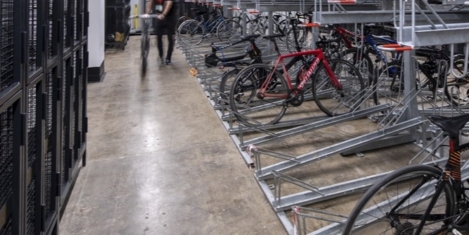
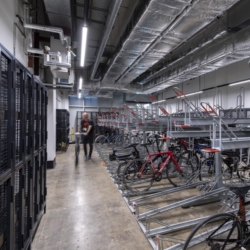




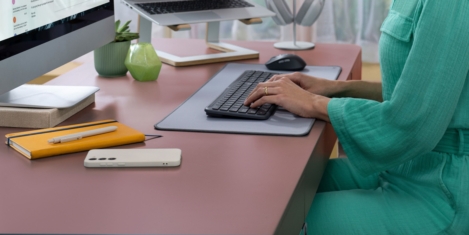
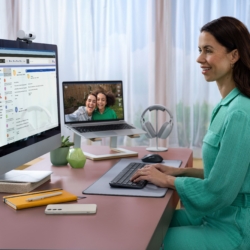


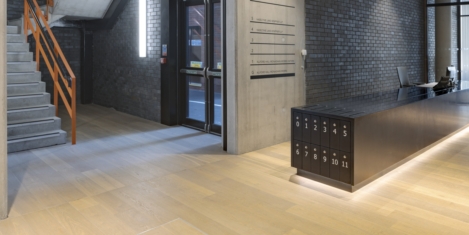
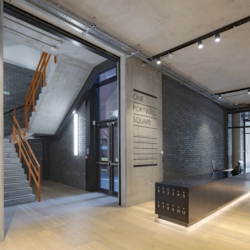














April 29, 2024
Stress, anxiety and a beamish response to it all
by Mark Eltringham • Comment, Legal news, Workplace